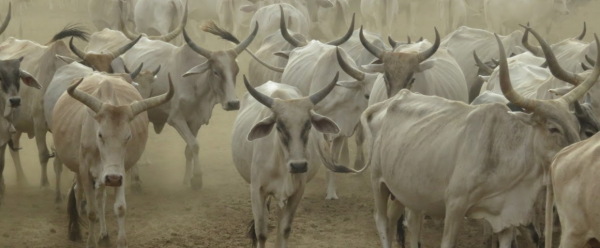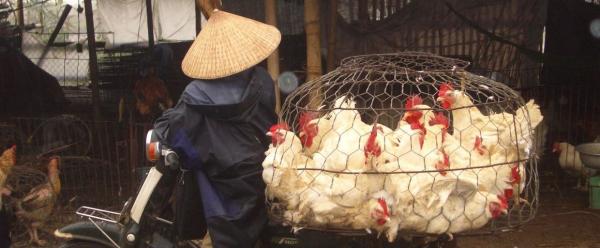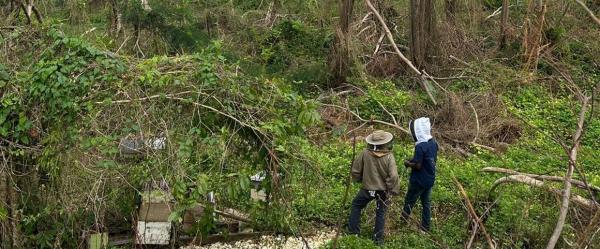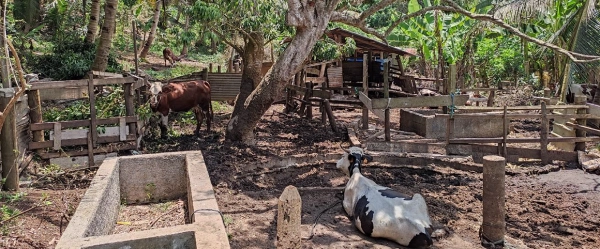Expert view 23 January 2026
- Home
- Our activities, our impact
- Priority research topics
- One Health

One Health
Working to improve health management means understanding the the biological, economic, social and agronomic factors that trigger health crises and imbalances within socio-ecosystems.
To this end, CIRAD has opted to build integrated health management strategies, which means developing interdisciplinarity, allowing disciplinary approaches and interaction and innovation in terms of analysing human, animal, plant and environmental health systems and how they are regulated. Modelling can facilitate the development of such integrated approaches. The aim is also to take account of the various interactions and interfaces between the elements and silos in the systems studied (hosts-vectors-pathogens, environment-agricultural production-food-health silos, etc).

































